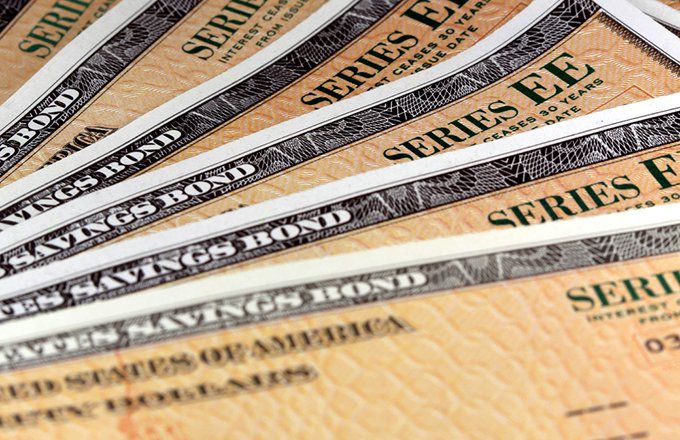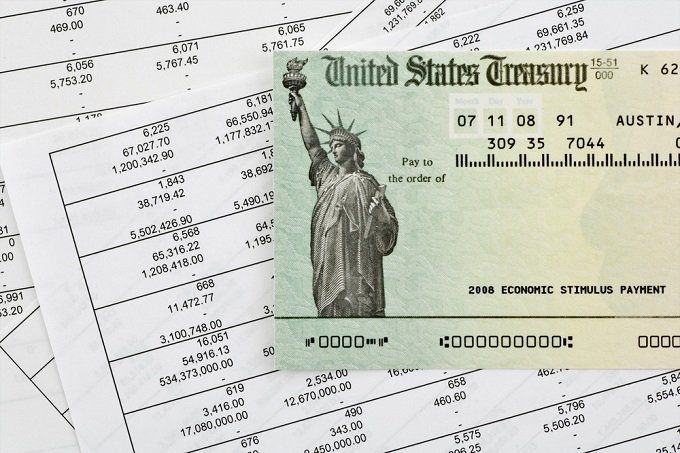Here's Why You Should Care About the 10-Year U.S. Treasury Yield
Susan Kelly
Dec 11, 2023
There are a number of reasons why investors monitor Treasury bond yields (or rates). The yields are interest payments made by the U.S. government in exchange for the sale of bonds. The question is, what does this signify, and where can I get data on yield? Loans to the United States government with maturities ranging from a few days to 52 weeks are called Treasury Bills. Treasury Notes have maturities of two to ten years, whereas Treasury Bonds have maturities of twenty or thirty years. The yield on the 10-year Treasury note is frequently monitored since it is seen as a measure of market sentiment in general. Treasury bills, notes, and bonds are considered among the safest investments due to the complete backing they get from the United States government.
Treasury Yields: An Overview
Whenever the federal government of the United States needs money to fund the construction of new buildings, roads, or other forms of infrastructure, it turns to the private sector. It does this through liquidating debt instruments, frequently with the assistance of the U.S. Treasury. Bills, notes, and bonds all fall within the Treasury's instrument umbrella. T-bills, short for "Treasury bills," are short-term bonds issued by the United States Treasury. Treasury notes typically expire within 10 years, making them an attractive option if a short-term investment isn't appealing. Bonds issued by the Treasury have maturities of 20-30 years, making them suitable for long-term investors. The return on investment for buying U.S. government debt is referred to as the Treasury yield. It's the rate at which the government pays to borrow money or the rate at which it earns money on investments.
What Is the Importance of the 10-Year Treasury Yield?

The yield on the 10-year Treasury is a key economic indicator that affects a wide range of other interest rates. Mortgage and other interest rates increase in tandem with increases in the 10-year yield. The housing market improves, and the economy benefits from lower mortgage rates and a lower 10-year yield. The interest rate at which businesses may get loans is also affected by the yield on 10-year Treasuries. When the 10-year yield is high, businesses may be less able to invest in development and innovation since the cost of borrowing money will be higher.
Variations in the yield on the 10-year Treasury note may also have an effect on the stock market by increasing or decreasing volatility. For some, a rise in yields is a warning indication that money is leaving the stock market in search of greater returns elsewhere, while for others, it may be a sign that the market is finally starting to level out. Equities benefit from falling yields because it increases the likelihood that corporate borrowing rates will fall, making it simpler for businesses to get capital for expansion.
Similar to the U.K.'s EU membership vote, a global event may have a major influence on Treasury rates. U.S. government bonds are often regarded as the most secure investment option available. There is a correlation between the occurrence of geopolitical unrest and a decrease in rates on U.S. Treasuries as demand for them rises from foreign investors.
Factors Influencing The 10-Year Treasury Yield
The mood of investors has a major impact on the 10-year yield. When investors have faith in the market and think they can make money elsewhere, the price of Treasury securities will decrease, and the yield will climb. Investors' attitudes may be influenced by a wide range of circumstances, including the health of the economy, the state of the world's political system, the likelihood of conflict, and so on.
The rate of interest is also a major consideration. They have an effect on yields since they are the basis for calculating all other rates. The demand for Treasury securities rises whenever the Federal Reserve lowers its main interest rate. Yields may also be impacted by inflation. When fixed-income investments lose their appeal, Treasury rates climb. Eventually, central banks will make changes (increase interest rates) to counteract inflationary pressure.
Can Treasury Bills Make You Lose Money?

To put it simply, no, since the government will safeguard your initial investment. Treasury notes, however, are very vulnerable to inflation. The buying power of a bond investor's principal will be significantly reduced by the time their security matures if inflation accelerates after they acquire the bond. The loss is real since the value of the principal and interest has decreased by the time the money is withdrawn from the account.
Conclusion
Yields, which measure the profit made from purchasing government-backed debt instruments like a Treasury bond, are crucial in the financial world for a number of reasons. Mortgage interest rates aren't the only ones they have an impact on. Perhaps most significantly, they can serve as useful gauges of market health and investor sentiment.







